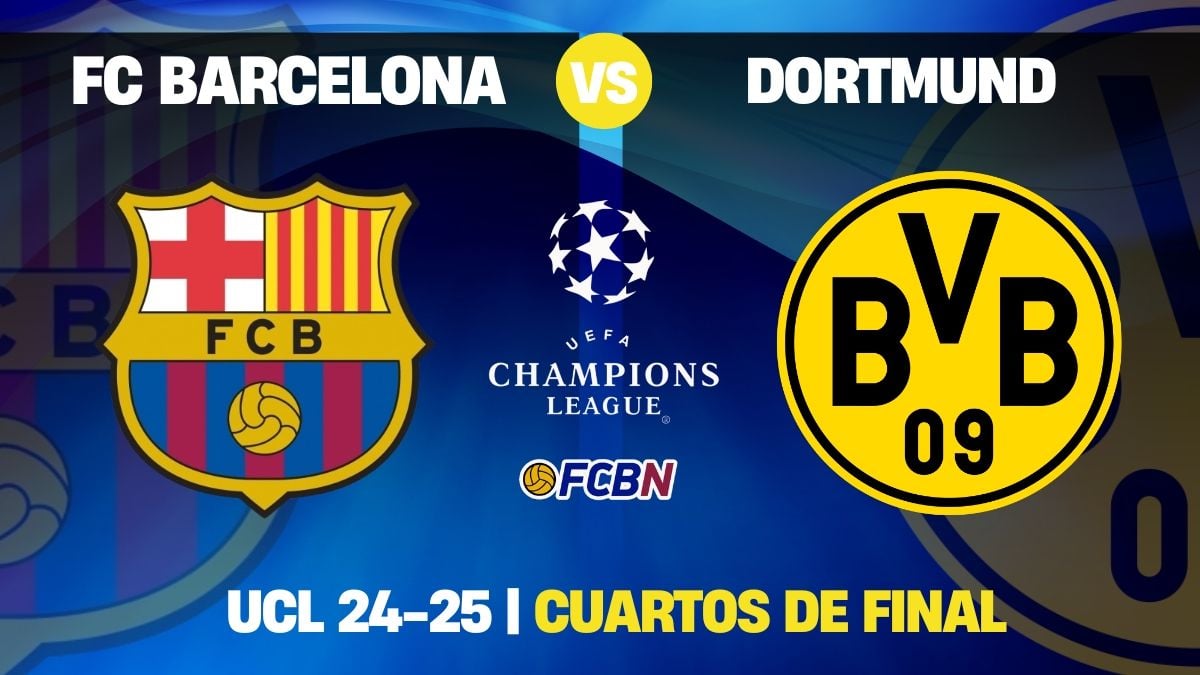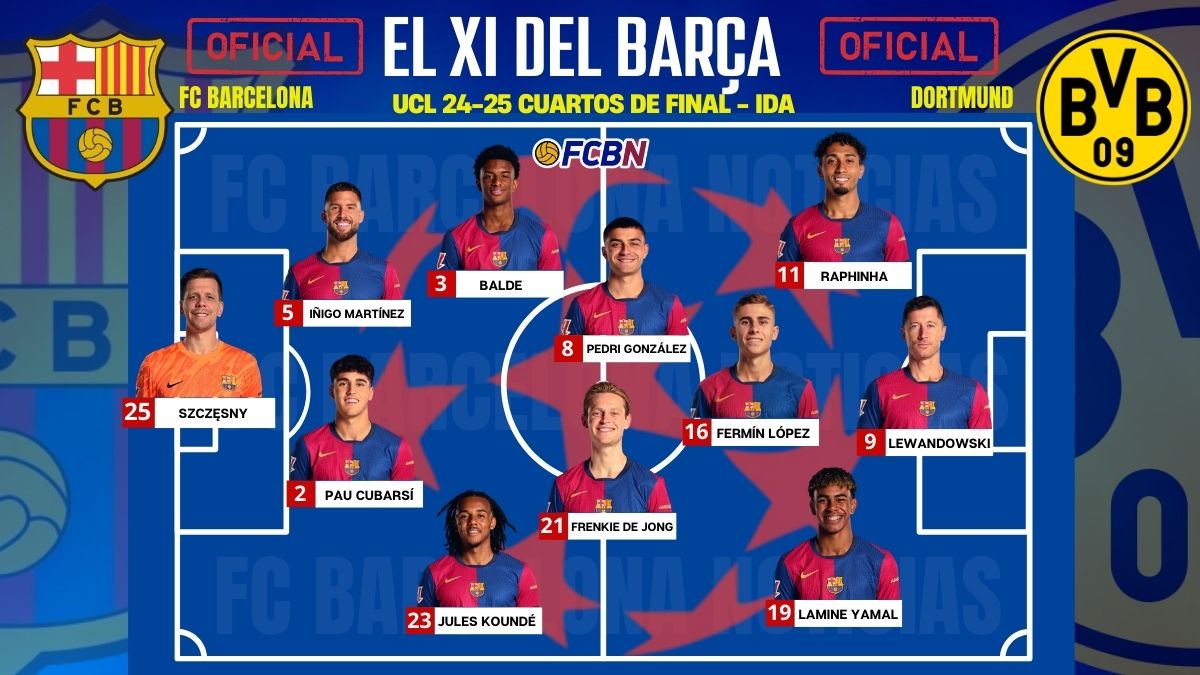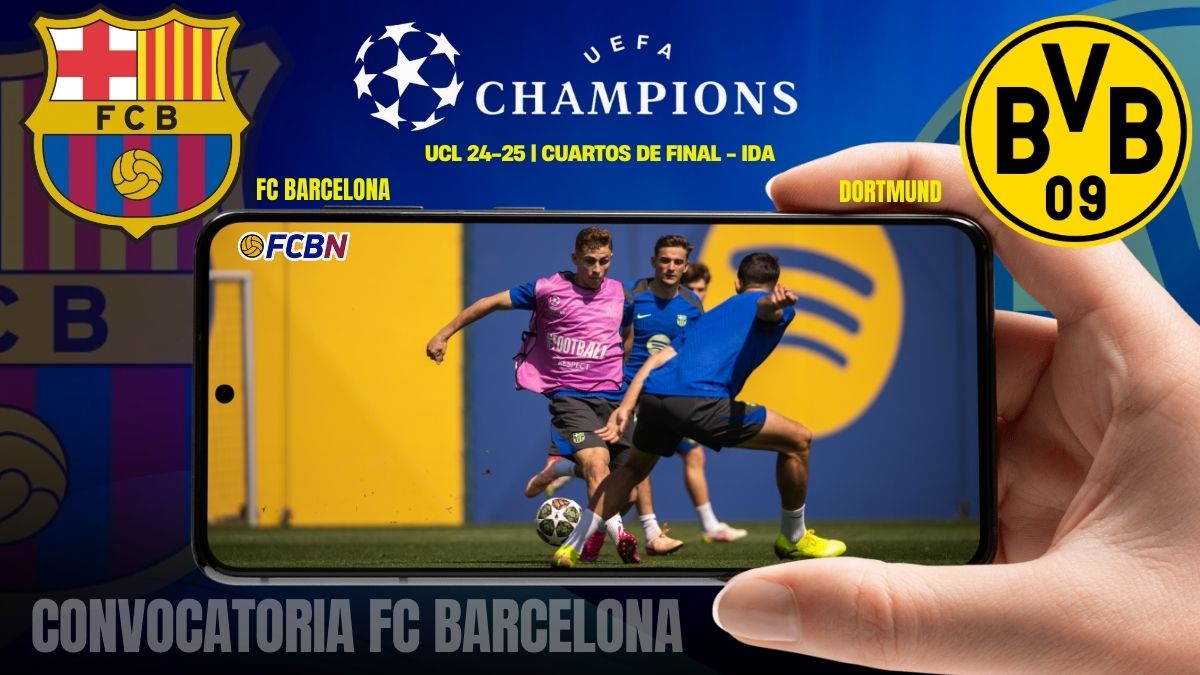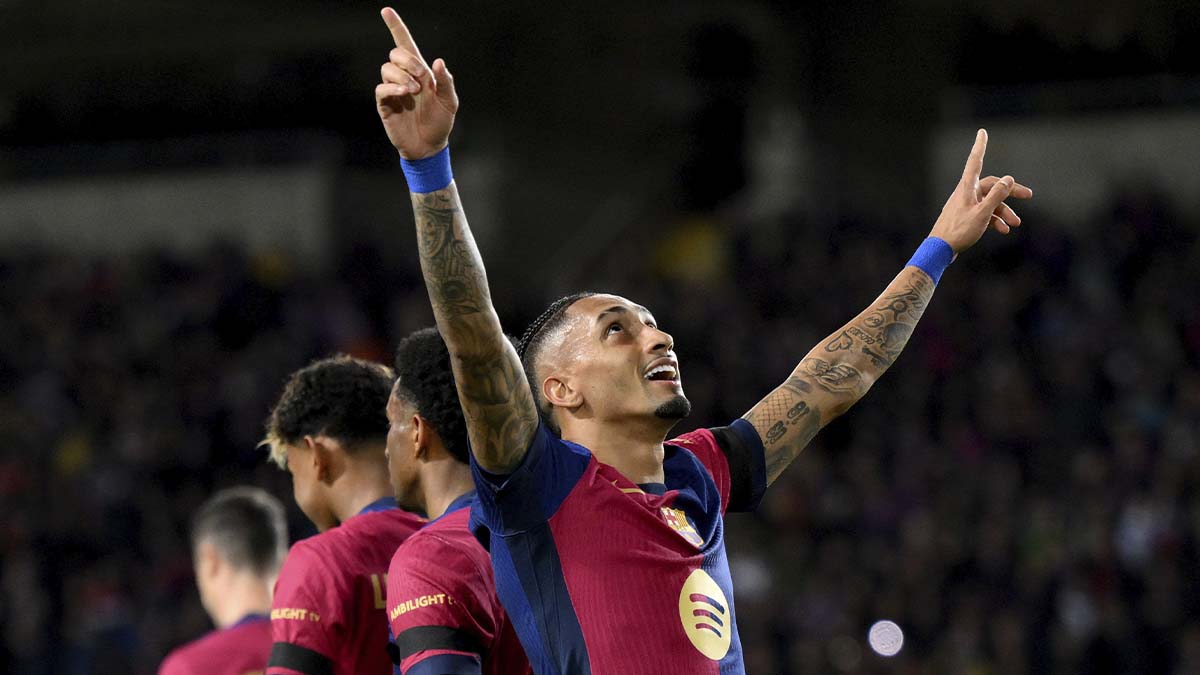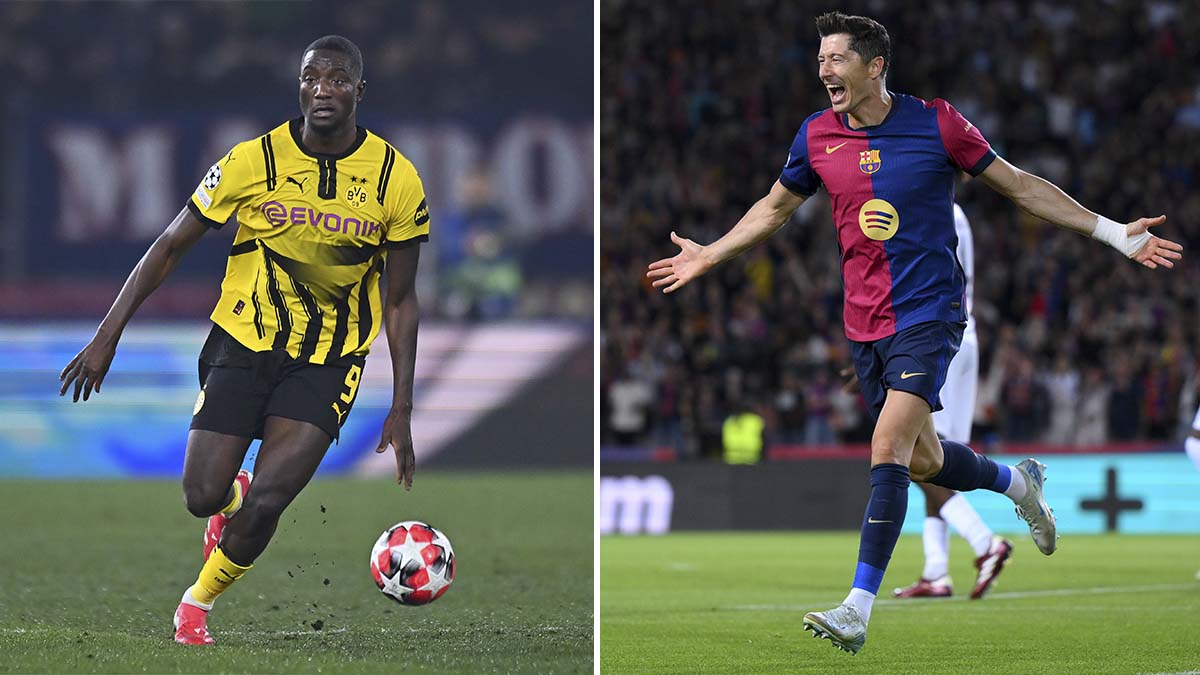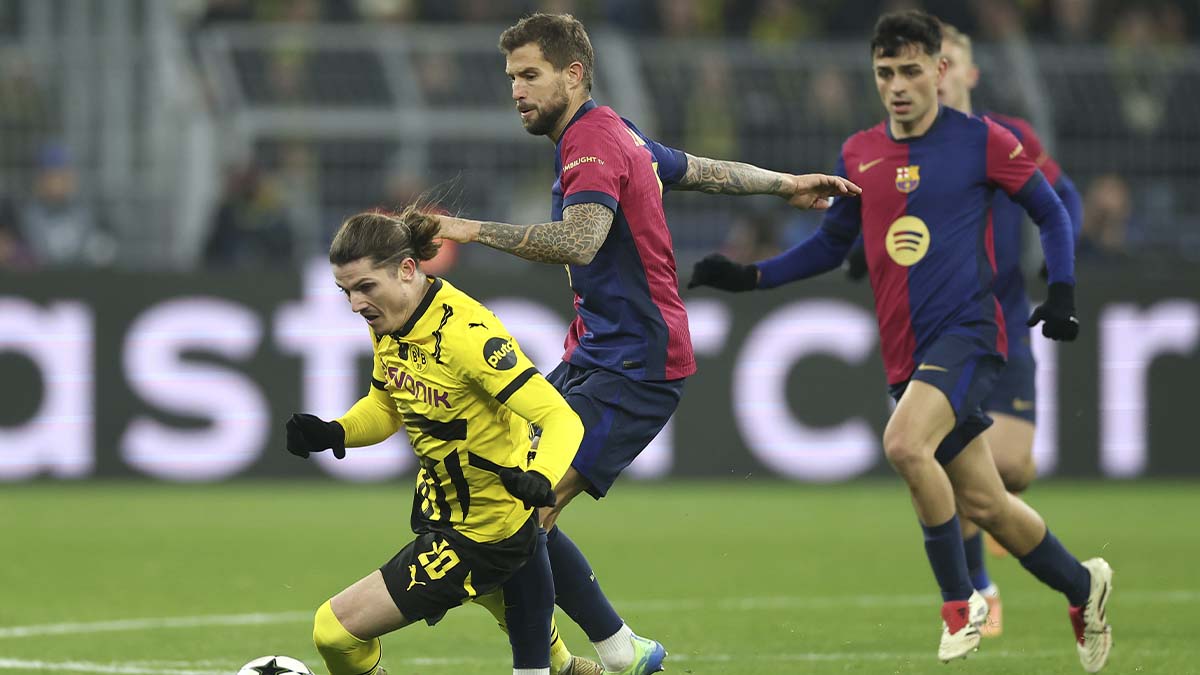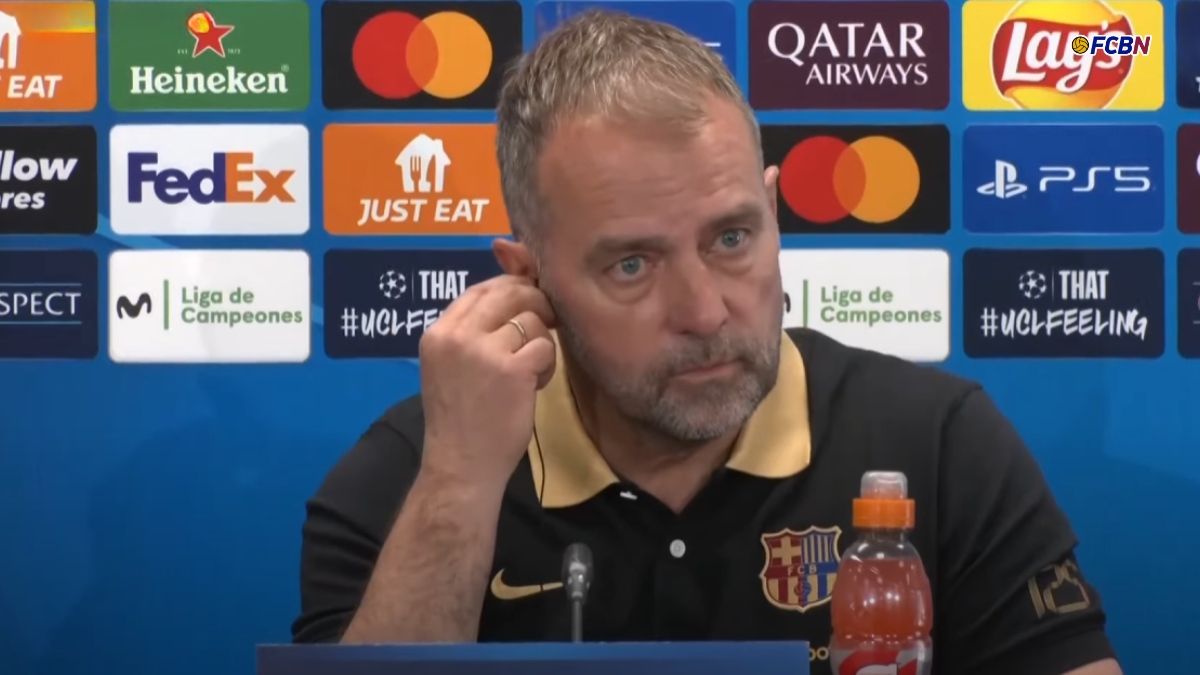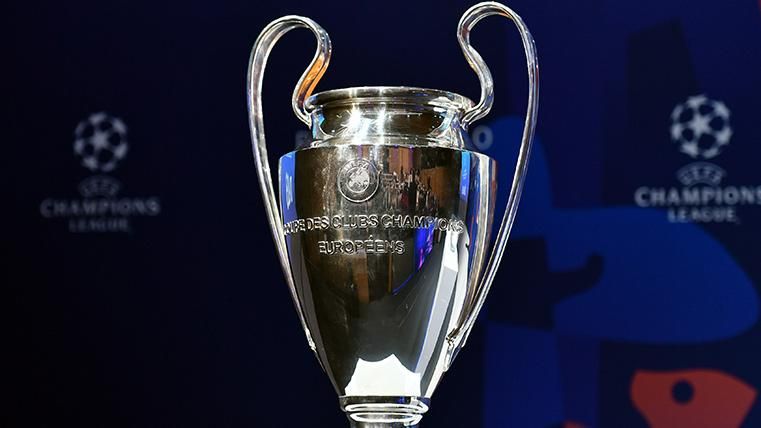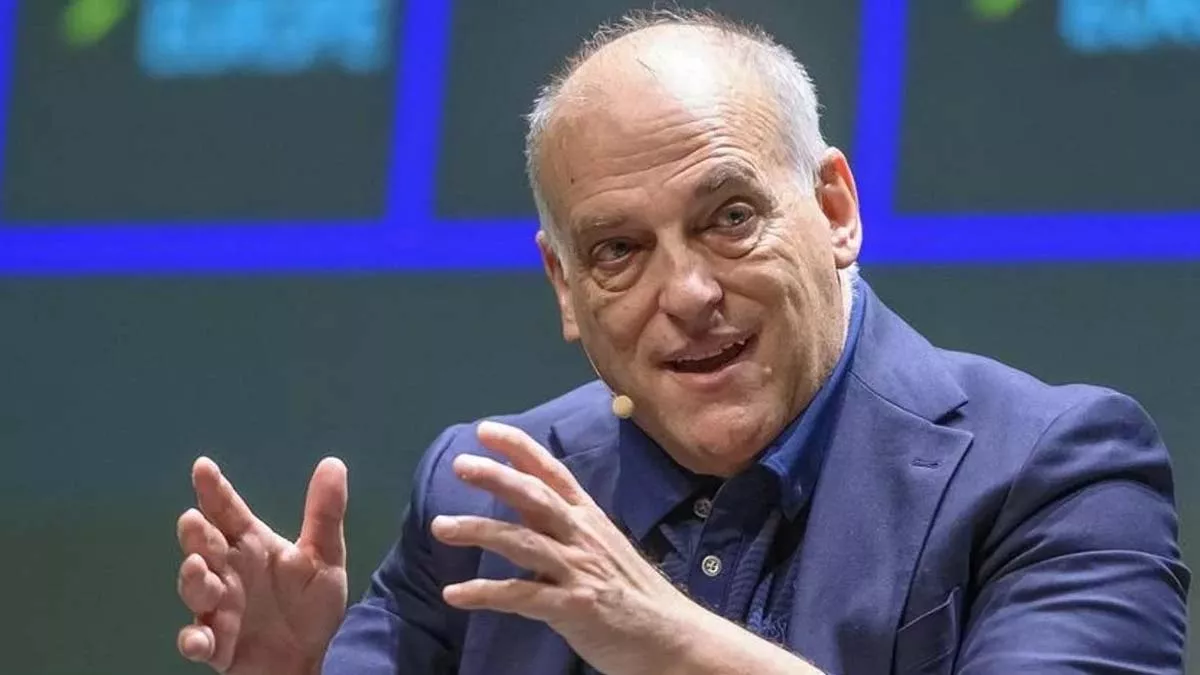
DANI OLMO AND PAU VÍCTOR CASE
The 'war' continues: LaLiga will appeal the CSD's final ruling in the 'Olmo case'
Published:3/04/2025 - 18:26h
Updated:3/04/2025 - 18:29h
Javier Tebas keeps the 'war' with the CSD open over the registrations of Dani Olmo and Pau Víctor
LaLiga has not taken long to respond to the Higher Sports Council (CSD) regarding its final ruling in favor of FC Barcelona concerning the registrations of Dani Olmo and Pau Víctor. While the governmental body has made it clear that "the agreement adopted by the Monitoring Commission of the RFEF-LaLiga Coordination Agreement is null and void" by annulling the visa and the federative license of both players, the governing body insists it has acted in accordance with the provisions of the federative regulations.
Through a statement, the entity presided over by Javier Tebas asserts that "the denial of the prior visa for the renewal of licenses or for their new registration is an act resulting from the automatic application of the player registration rules". In this sense, the top competition of Spanish football asserts that Barcelona, from the very beginning, "appealed the decision of the Budget Validation Body (OVP) that prevents the issuance of the prior visa to the Competitions Directorate through the LaLiga Manager system".
🚨 INFORMATION NOTE
— LALIGA Corporativo (@LaLigaCorp) April 3, 2025
LALIGA will appeal the CSD's resolution in the case of Dani Olmo and Pau Víctor.
LALIGA reiterates its commitment to legality, competitive fairness, and the objective application of regulations regarding Economic Control and player registration.
According to LaLiga, the CSD has no authority to reactivate federative licenses
Therefore, "the licenses of the two players expired automatically on December 31, 2024, upon the expiration of their duration", according to what was agreed at the beginning of the season with the players and their club. "Thus, in no case is a federative act of cancellation of the same required", since, according to LaLiga, the CSD only has authority, in terms of licenses, regarding the review of acts of issuance or denial of them, but not their cancellation or extension (art. 116.3.a and 117 of the Sports Law)".
Regarding the "nullity of law" ratified by the Council, the governing body asserts that sports legislation is incoherent, as it does not specify the "manifest incompetence" by any internal body of LaLiga or the RFEF. In the case of the licenses of Dani Olmo and Pau Víctor, LaLiga Manager processes the applications for registrations, while the Economic Control Area carries out the validation process. Finally, the Competitions Area decides whether the players are or are not eligible to obtain their visa.
However, the Barcelona players were not approved, as the club did not send the documentation supporting the income from the sale of the VIP boxes at the new Spotify Camp Nou in time (it had to be done before midnight on December 31). In fact, although this operation was finally approved by LaLiga on January 3, it became ineffective this week, due to the club changing the auditor of the operation three times, failing to certify the amount of the sale.
Statement from the CSD regarding the case of Dani Olmo and Pau Víctor. pic.twitter.com/vrOqf8aewv
— FCB PRIME (@fcbisprime) April 3, 2025
LaLiga criticizes the delay of the CSD's final ruling regarding the 'Olmo case'
Finally, the governing body criticizes in its statement the delay of its final ruling related to the registrations of both players, which contrasts with the speed with which it issued the precautionary measure on January 8, addressing the appeal presented by Barcelona in just 24 hours. The final ruling, however, has taken almost the maximum period of three months established for similar cases.
Moreover, the top Spanish competition argues that "these measures were adopted without the legal budgets and procedural guarantees, thereby affecting the integrity of the competition". For all this, even though Dani Olmo himself played with Spain in the last FIFA date, with which the RFEF directly validated his registration, Javier Tebas insists on immediately appealing the CSD's ruling. Will their claims be successful?
Clearly, there can be reasons from the perspective of financial 'Fair Play' to limit Barcelona's operations in the market, but from there to deny federative licenses to two players in the middle of a season there is an evident fixation to harm the club, simultaneously violating the sports rights of the professionals involved. Fortunately, the Council has upheld the Sports Law in this case.
